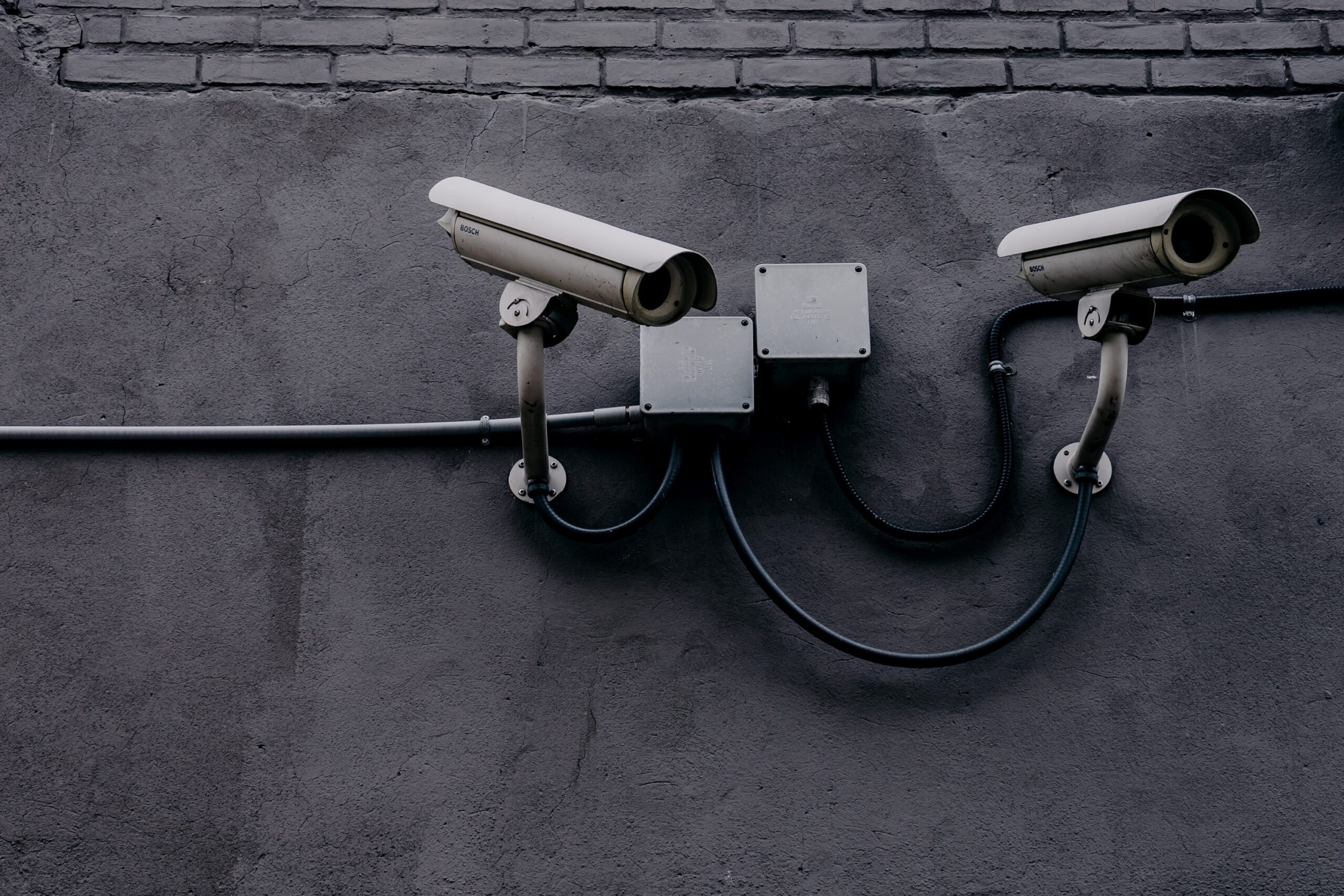The minister for artificial intelligence and digital government has claimed that a strategy being created by a new specialist buying unit will help achieve efficiencies in licensing practices throughout Whitehall
New cross-government buying strategies will help “drive down usage and optimise” the use of software licences across departments.
The Digital Commercial Centre of Excellence was recently created in the Department for Science, Innovation and Technology – with the Cabinet Office, home of the Government Commercial Function and Crown Commercial Service, also providing oversight of the centre’s work.
One of the unit’s key initial objectives will be developing a cross-Whitehall digital procurement plan that will provide “really clear steers to departments on when it makes sense to build things ourselves and when it makes sense to buy from the market”, according to recent comments from government chief technology officer David Knott.
Related content
- Report recommends IT insourcing among measures to cut £400bn procurement bill
- Government creates specialist unit to oversee new procurement regime
- Assessing salaries, reforming controls, and account management for departments – what’s new in ‘the new GDS’
One of DSIT’s ministerial leaders – AI and digital government minister Feryal Clark – claimed that the centre and the strategies it develops will be further empowered via “the introduction of the new procurement act 2023 will provide government with an ability to consider how [software] services are contracted in the future”.
She said: “The creation of the Digital Commercial Centre of Excellence is overseeing the development of sourcing/category strategies to co-ordinate how we shape demand, drive down usage and optmise the way such assets are used. This work is currently underway.”
Clark was answering a series of written parliamentary questions from fellow Labour MP Samantha Niblett, one of which asked DSIT about the “potential impact of restrictive software licensing on the ability to achieve the digital transformation of public services”.
The minister added that government already “monitors the usage of individual and enterprise licenses across a wide variety of products”.




